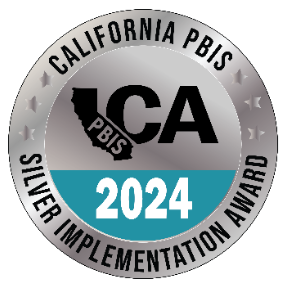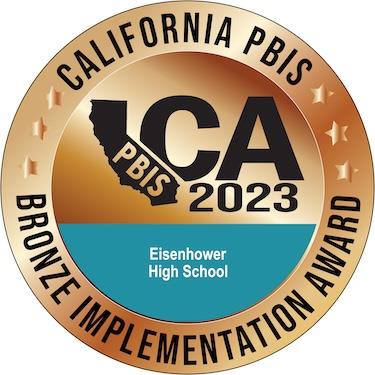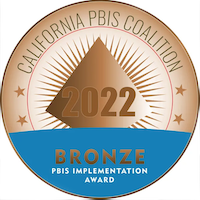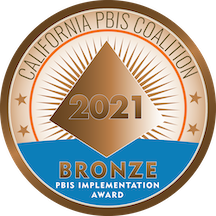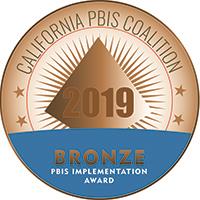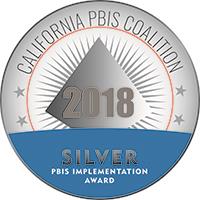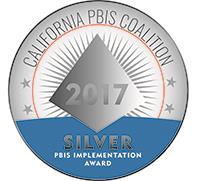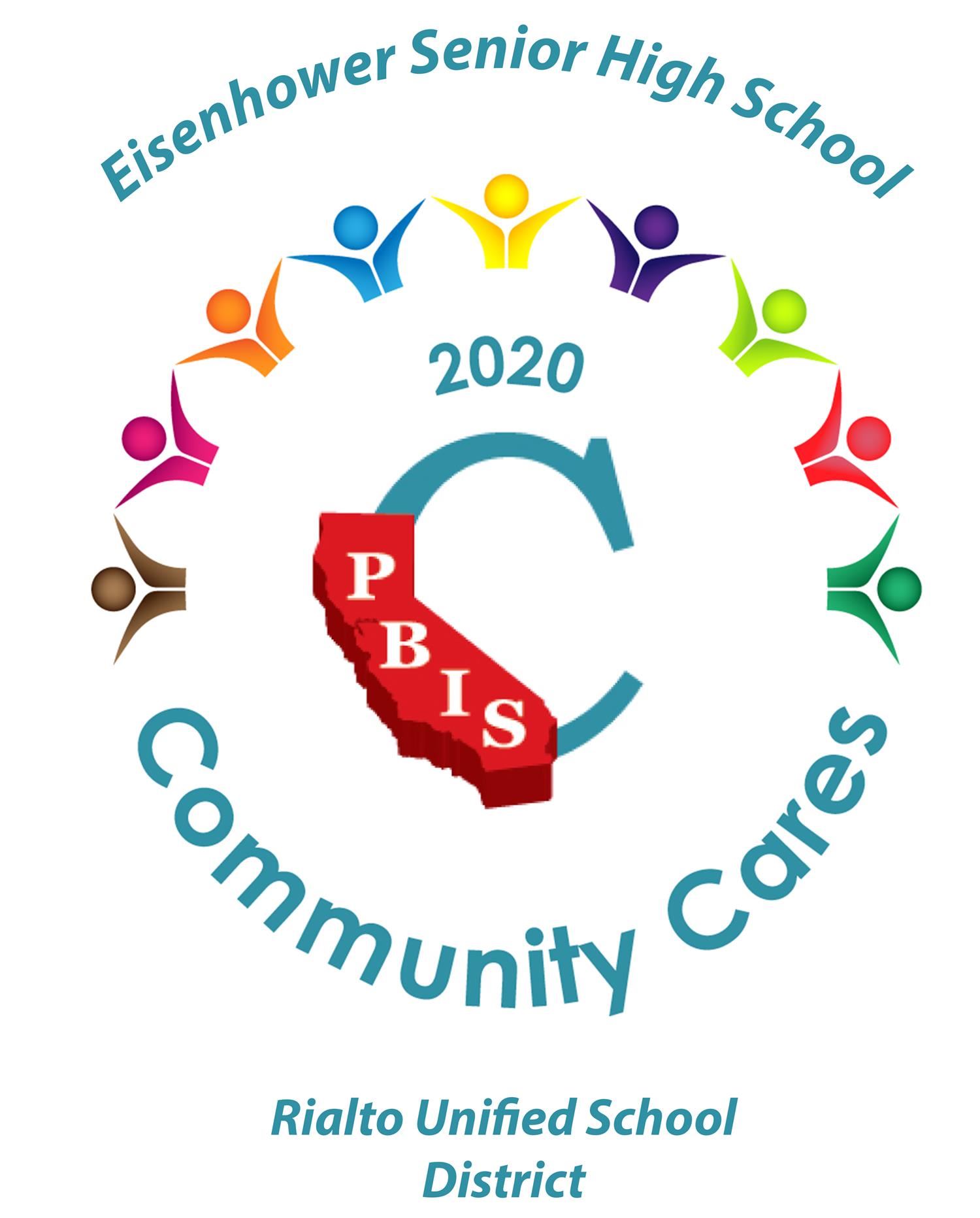-
What is PBIS
Positive Behavior Interventions and Supports (PBIS) is an approach to supporting positive behavioral development among all students. PBIS was developed from research in the fields of behavior theory and effective instruction. PBIS supports all students through reinforcement of concrete behavioral expectations and provides a continuum of intervention that gives each student the appropriate level of behavioral support necessary to ensure success.
Our Behavior Purpose
As Eagles, we will give our perfect effort daily to excel in all we do. Our positive attitude will be reflected in our academic and in our positive relationships with our family, friends, staff, and community.
Eisenhower's Pyramid of Supports
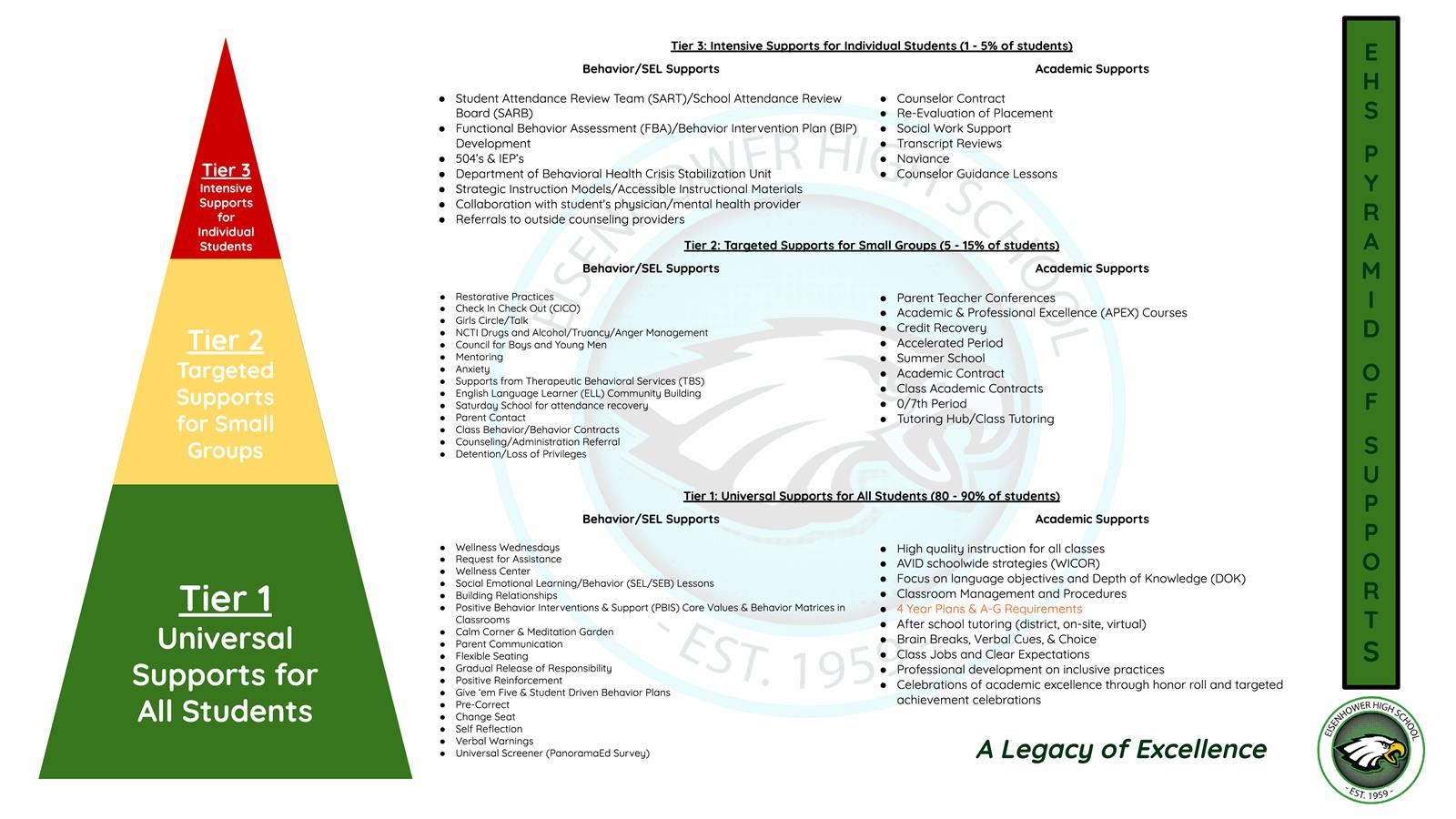
Click for a pdf version (easier to read)
PBIS Tier 1
-
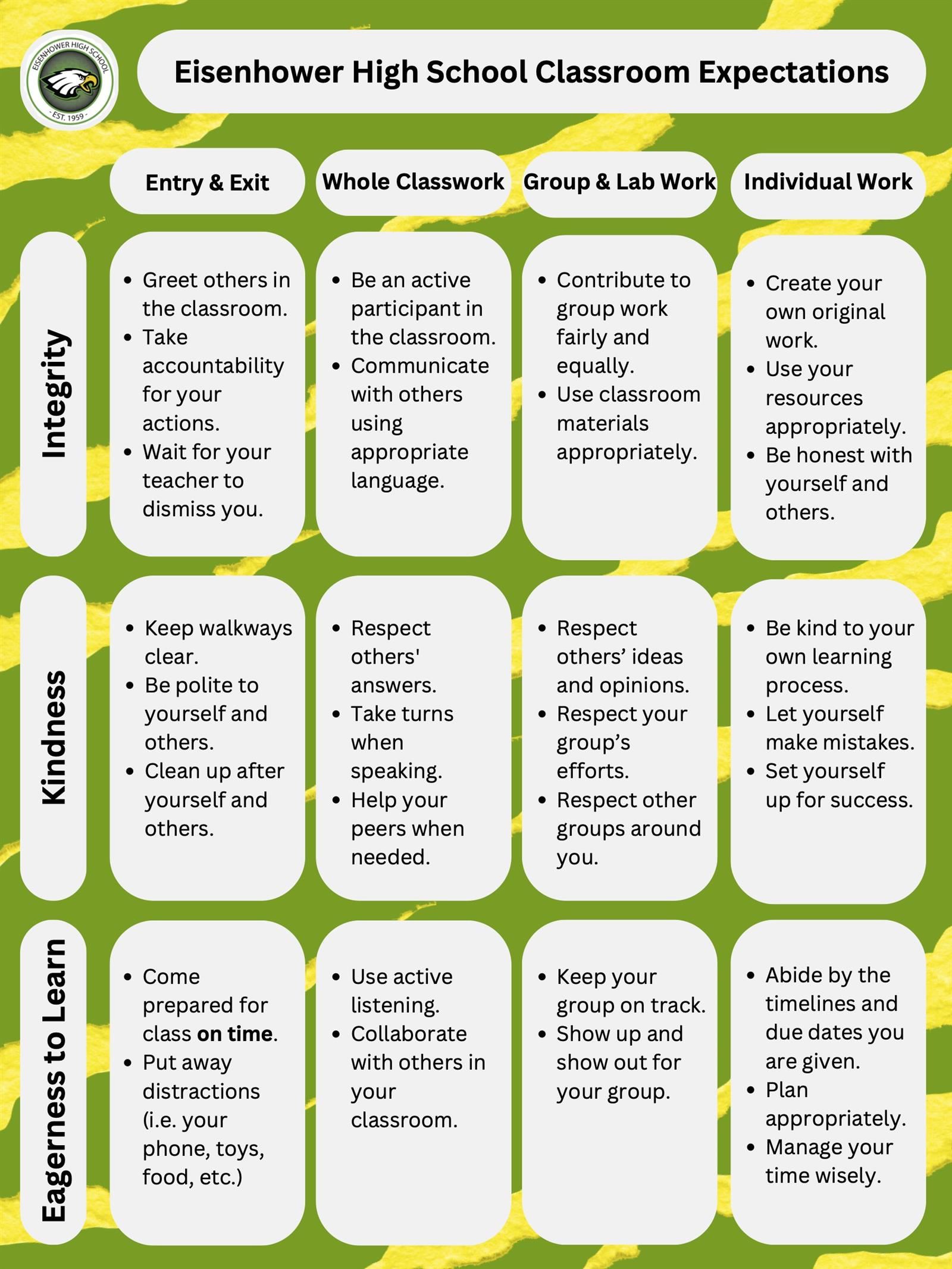
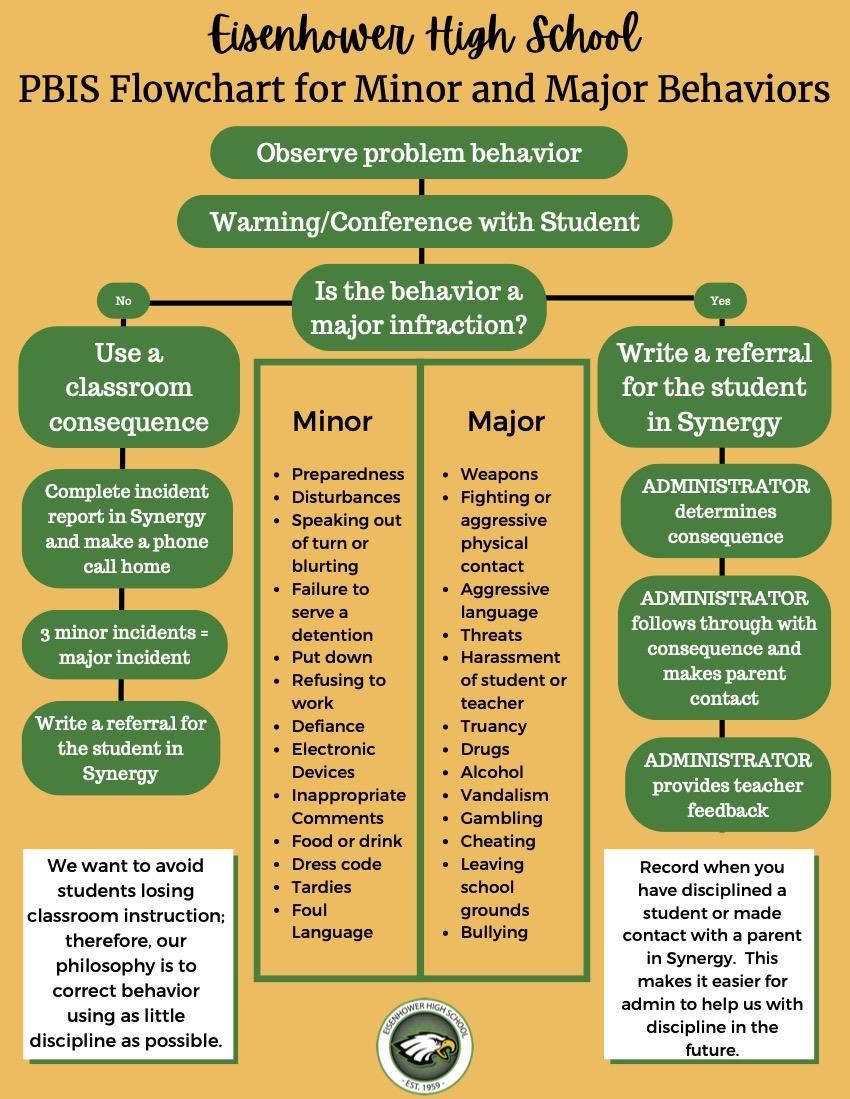
Give 'em Five
Give 'em Five is a restorative approach to discipline that our teachers and administration team have been using to better support our students. Give 'em Five is the interpersonal communication framework of Responsibility Centered Discipline that provides five guiding themes on which educators can focus during challenging moments with students. It equips teachers and administrators with a consistent process ti have supportive conversations that convey to your student, "I am for you. I want you to do well. I want you to succeed in my class, in this school and in life."
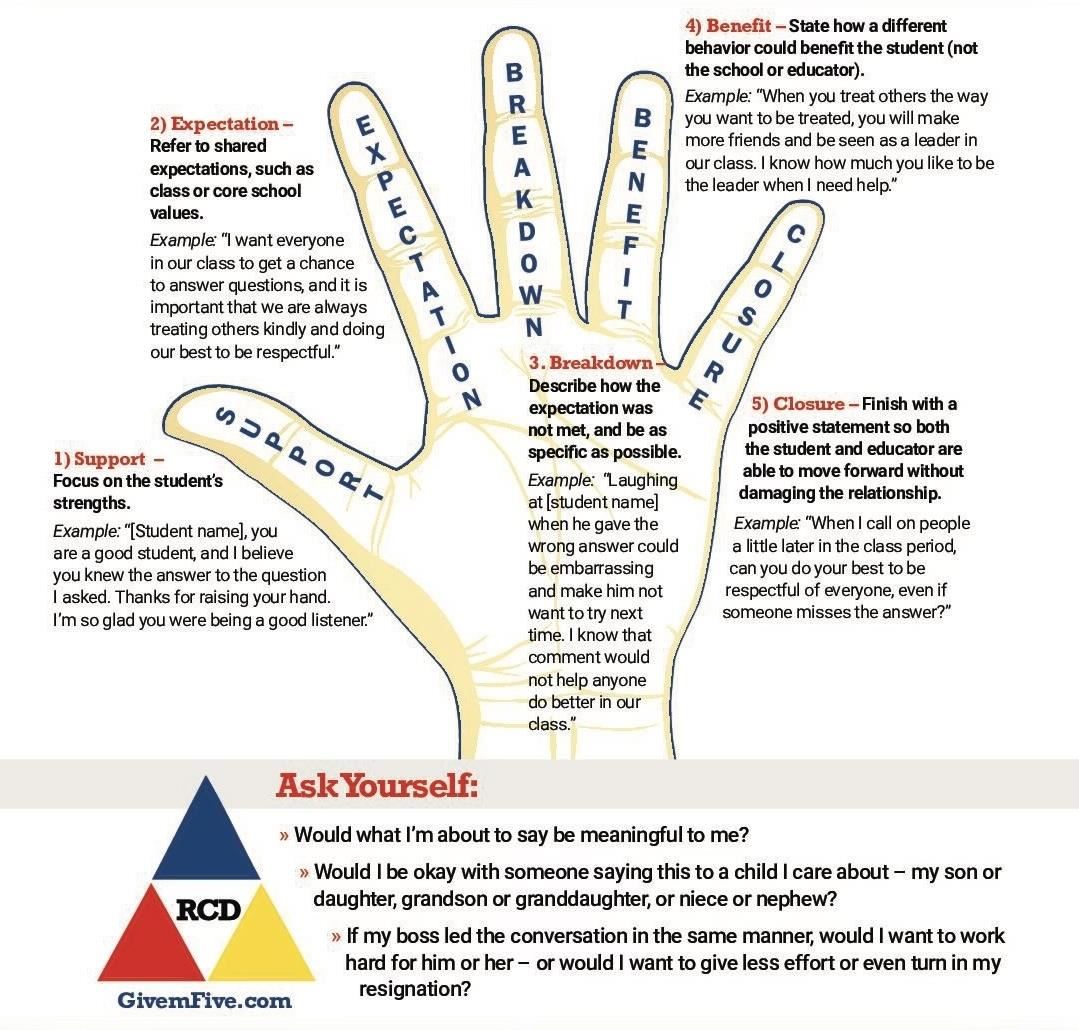
Tier 2 Support Flowchart
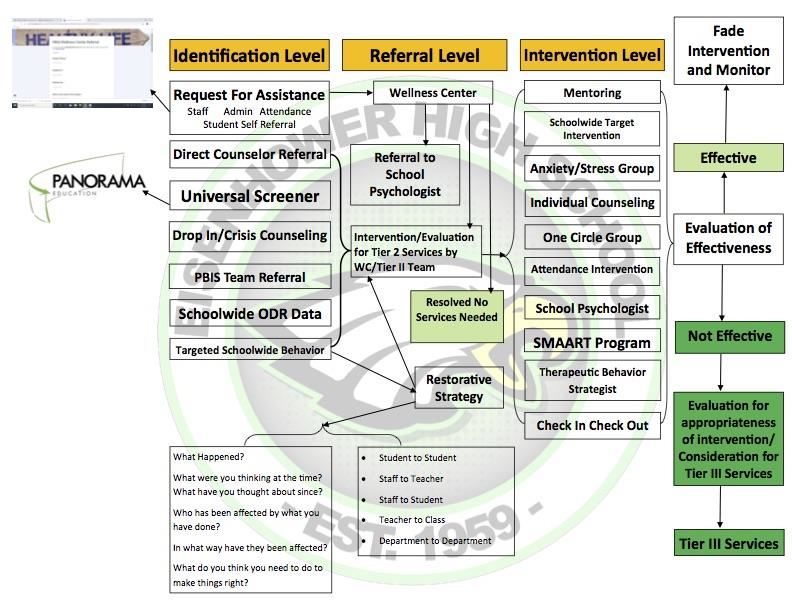
-
PBIS Strategies That You Can Use At Home
Classroom Expectations: Having clear, consistent, positively stated behavior expectations in the classroom, are an important key in creating a positive, productive classroom environment. Referring to behavior expectations frequently will build strong behavior habits in your students/child.
Motivations for behavior: All behavior has a motivation. The most common motivations for behavior are: avoiding a task, attention seeking behavior, and a power struggle. Knowing the motivations of your student/child can help you properly address problem behavior.
ABC's of Behavior: Every problem behavior has an Antecedent (the cause of the behavior), the Problem Behavior (the actual behavior), and the Consequence (the result of the behavior). If you can figure out the cause of the problem behavior, you can often intervene and prevent the problem behavior from every taking place. Also, if you can make sure that the Consequence of the problem behavior is appropriate to the motivation, then you can reduce the occurrence of the problem behavior.
Positive Language: Starting the day off right can change everything. If you like hearing kind words, make sure you use them with your kids: “Please and Thank You, I am so glad you are here, Great Job, I am so proud of you!”
Affective Questions: These 5 magic questions can change a confrontation into a discussion. When a situation arises with a student either talk about these or have them answer them in writing:
- What happened?
- What were you thinking at the time?
- What have you thought about since?
- Who has been affected?
- What needs to happen to make things right?
RUSD School Culture and SEL Survey Results
Data and Documents
-
PBIS Team:
- Kristal Henriquez-Pulido - Principal
- Cynthia Pool - Assistant Principal
- Joshua Sanchez - Assistant Principal
- Suzanna Hidalgo - Program Specialist
- Joshua Cole - PBIS Coach
- Lance Atkinson - Teacher
- Lorraine Robles-Teacher
- Michael Martinelli - Teacher
- Robert Hampton - Counselor
- Rocio Robles Gutierrez - Wellness Center Counselor
- Elizabeth Little - Teacher
- Jessica Bravo -Teacher
- Jeffrey Prentice - Counselor
- Shontoyia Gilliard - District PBIS TOSA
- Suzanne Kull - Counselor
- Khristina Mejia - Teacher
- Crystal Sanchez - Secretary

